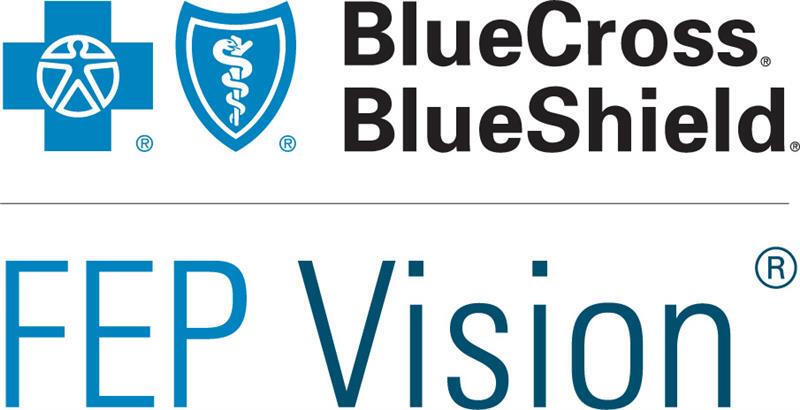When a veteran receives poor medical treatment at a Department of Veterans Affairs (VA) hospital or medical facility, they might be under the belief that filing a medical malpractice lawsuit against the federal government is impossible.
But that is simply not true. If you or a loved one has suffered from the negligence of the VA, you can file a claim under the Federal Tort Claims Act (FTCA) to receive compensation for pain and suffering and economic loss. It is important that if you believe you have a claim against the VA, you know your rights so you can receive the compensation you deserve.
Can You Sue the VA for Medical Malpractice?
The FTCA allows veterans and their families to file a medical malpractice claim against VA doctors and employees if their negligent care caused an injury. "Negligence" means the lack of ordinary care. "Medical malpractice" means negligence committed by a medical professional. It can be proven when an action is performed -- or, in some cases, not performed -- that would not be considered acceptable by the local medical community. There are many different examples of medical errors that could cause a significant injury, including surgical errors, medication errors and anesthesia mistakes, to name a few.
Loved ones of family members who died because of medical errors can pursue a "wrongful death" claim on behalf of the victim's estate and beneficiaries. The potential recovery for "wrongful death" and other damages is governed by state law and will vary from state to state.
Victims of VA medical malpractice also may qualify to receive benefits from a Section 1151 disability claim as well. In contrast to an FTCA claim, a Section 1151 claim can only be filed for if the injury took place at the VA hospital, outpatient clinic or during a medical examination or surgery. Typically, these require less evidence than what is required for an FTCA claim and cover less negligent acts than a FTCA claim would. A veteran can be awarded both an FTCA settlement and Section 1151 benefits; however, the VA will hold any disability payments until they have offset the total amount paid in a Federal Tort Claim settlement. Also, unlike disability compensation, any compensation received from your FTCA claim is paid in one lump sum, rather than in monthly payments.
How to File a VA Medical Malpractice Claim and Lawsuit
The statute of limitations on filing a VA medical malpractice claim is two years from the date of the malpractice. A properly completed, signed "Form 95, Claim for Damages, Injury or Death" must be received by the appropriate government office within two years after the malpractice is committed. If the claim is denied by the VA at the administrative level, you only have six months to file a suit in federal court. Critically, missing these deadlines will bar your claim outright, even if your claim has merit.
The first step is to file an administrative claim with the VA regional counsel where the malpractice took place. It is critical that the initial claim be prepared correctly. You should consider consulting with an attorney to assist you with the initial claim paperwork to avoid jeopardizing your legal rights.
The Form 95 claim form provides an overview of your case, as well as outlining your injuries and the amount of compensation that you are seeking. The amount you are requesting must be detailed and thorough, as the federal courts cannot award you any more money than what you list in your administrative claim. Along with your requested sum, you also must provide evidence justifying the amount. You will be limited to the amount listed in your claim later in the legal proceeding.
Other proof also can be submitted with your claim. This includes:
- Any information on any future expected medical expenses,
- Proof of anticipated lost future income,
- An employer's statement about missed work,
- A statement from your doctor/treating physician and
- Relevant medical records.
In addition, an experienced FTCA lawyer often will include an opinion from an independent expert describing the malpractice and damages in detail as part of your initial claim.
After the claim is initially submitted, lawyers for the VA often will request an in-person interview with the claimant or, in the case of a wrongful death claim, the estate representative. It is important that the claimant have their own attorney present for any interviews.
After the claim is fully submitted, the VA will have six months to issue a response to your administrative claim and either will accept, offer to settle or deny the claim. The VA's written denial of your claim or failure to issue a response within six months -- which is considered a "constructive denial" -- will allow you to file a lawsuit in federal court, wherein a judge will hear and decide your case. After the lawsuit is started, the case will undergo a mandatory settlement conference. Claims often resolve at this stage. Sometimes cases need to be tried to conclusion by presenting live witness and expert testimony in court.
Legal Fees: How Do I Pay My Lawyer?
Malpractice lawyers typically work on a "contingency basis," meaning they only get paid if they win. VA malpractice attorneys are limited as to how much they can charge you in relation to your case. The fee for claims that settle at the administrative level is 20%, whereas the fee for cases that go to court is 25%. Your lawyer also will advance all expenses associated with the case only to be paid back at the end if the case is successful.
Pursuing a medical malpractice claim against the VA is not as simple as just filing a claim. A claimant should hire an experienced VA malpractice lawyer to assist them early in the process. While it is ultimately a private decision on whether you choose to hire an attorney, cases of VA medical malpractice are difficult to win and can go on for years. The key is to retain expert counsel to assist you through the complex process of pursuing your VA malpractice claim to ensure you get the justice you deserve.
Greg T. Rinckey, Esq. is a Founding Partner with Tully Rinckey PLLC, where he focuses his practice on military law; federal employment, EEO and discrimination litigation; and national security clearance representation. John F. Harwick, Esq. is a partner with E. Stewart Jones Hacker Murphy LLP where he focuses on medical malpractice claims against the VA.
Stay on Top of Your Veteran Benefits
Military benefits are always changing. Keep up with everything from pay to health care by subscribing to Military.com, and get access to up-to-date pay charts and more with all latest benefits delivered straight to your inbox.











